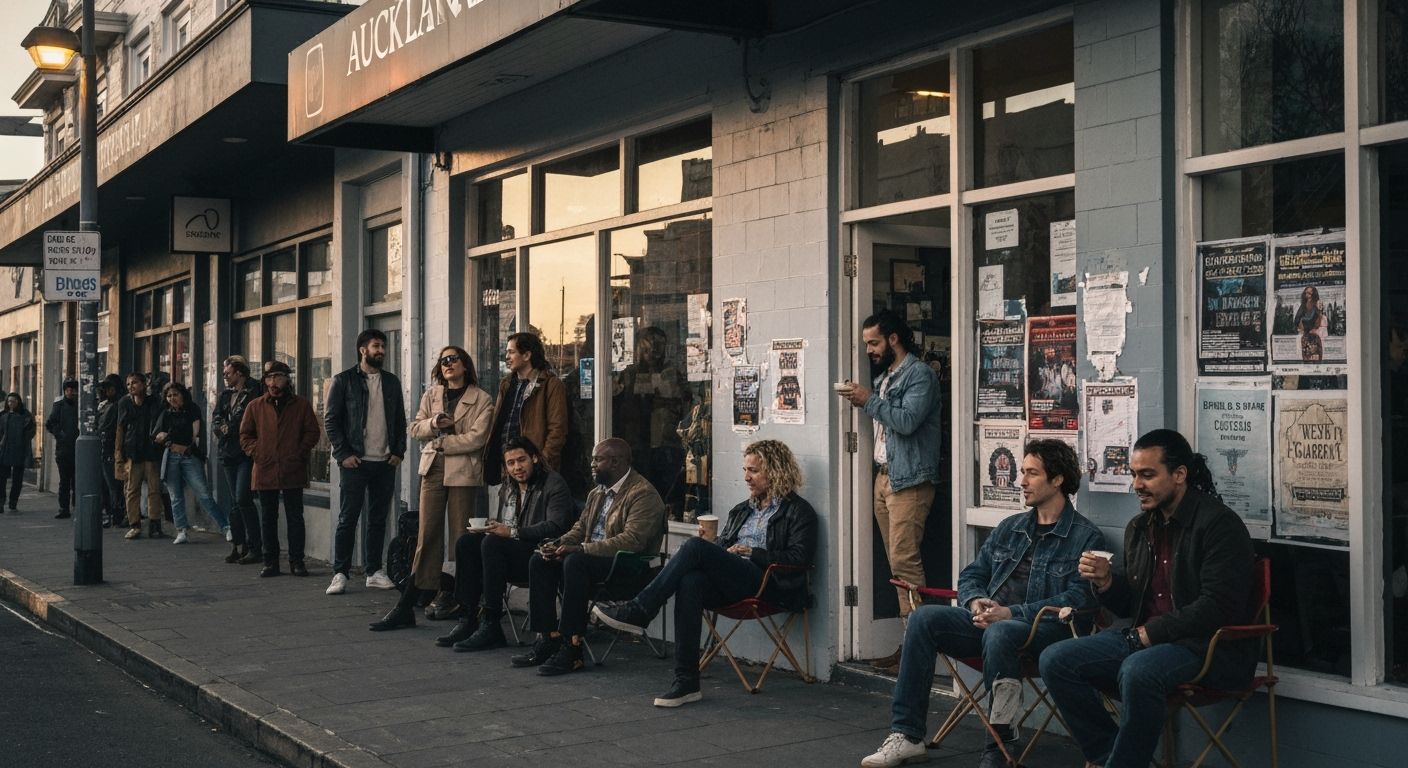The Cult of the Drop: Why Your Brand Isn’t Cool Enough for Wednesdays

It started with Supreme. Then it oozed into sneakers, NFTs, and now, pet food. The 'drop' is no longer a niche subculture move; it's a marketing strategy warping attention like gravity. Time-based exclusivity turns something mundane into an event. Tuesday becomes a scene. Wednesday becomes a liturgy. But most brands are mistiming their sermon.
Here’s the magic: the drop weaponises anticipation. A brand builds suspense, controls distribution, sells out in minutes, and lets social proof do the retargeting. But lately, some marketers have decided everything is a drop — new shampoo? Drop. Email campaign? Drop. Discount code? Drop. They’ve ignored the most important rule: people only queue for things that feel like they could disappear.
I watched a fishing lure brand — yes, actual lures for actual fish — sell out in 14 minutes. Why? Because they dropped once a month, made 200 hand-painted lures, never restocked, and let fans post blurry boat photos with them. When every other brand is yelling ‘always available’, the whisper of scarcity suddenly roars. You can’t fake that with sponsored content.
So no, your insurance app might not need a 'drop strategy'. But if you're selling anything with a pulse — even if it's a ceramic mug — it might deserve fewer updates, fewer emails, and one excellent Thursday. Just make sure it's a product that feels like someone might love it more than you do.
Here’s the magic: the drop weaponises anticipation. A brand builds suspense, controls distribution, sells out in minutes, and lets social proof do the retargeting. But lately, some marketers have decided everything is a drop — new shampoo? Drop. Email campaign? Drop. Discount code? Drop. They’ve ignored the most important rule: people only queue for things that feel like they could disappear.
I watched a fishing lure brand — yes, actual lures for actual fish — sell out in 14 minutes. Why? Because they dropped once a month, made 200 hand-painted lures, never restocked, and let fans post blurry boat photos with them. When every other brand is yelling ‘always available’, the whisper of scarcity suddenly roars. You can’t fake that with sponsored content.
So no, your insurance app might not need a 'drop strategy'. But if you're selling anything with a pulse — even if it's a ceramic mug — it might deserve fewer updates, fewer emails, and one excellent Thursday. Just make sure it's a product that feels like someone might love it more than you do.